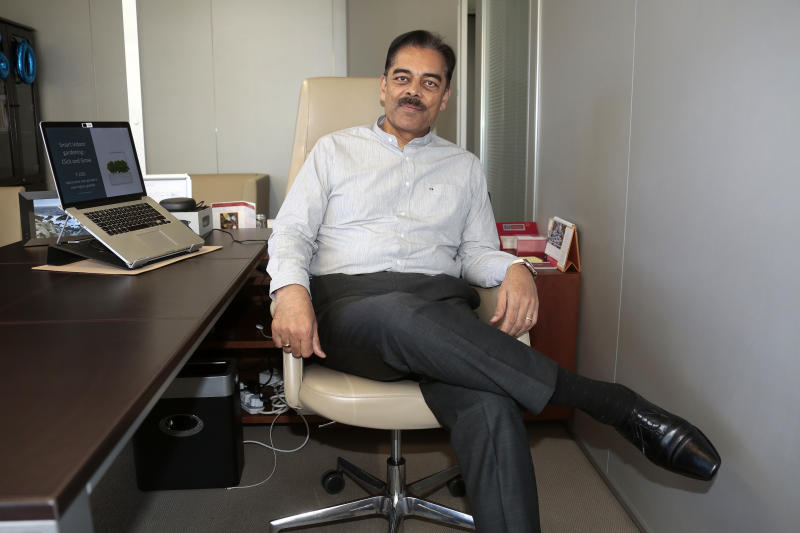×
The Standard e-Paper
Smart Minds Choose Us

His father had been in the textile industry for years; in the business of extracting lint from cotton seeds. And together with his brother Tarun Shah, Vimal Shah (pictured) spotted an opportunity from his father’s business. That they could also extract oil from the cotton seeds. And the returns seemed better than in textiles.







